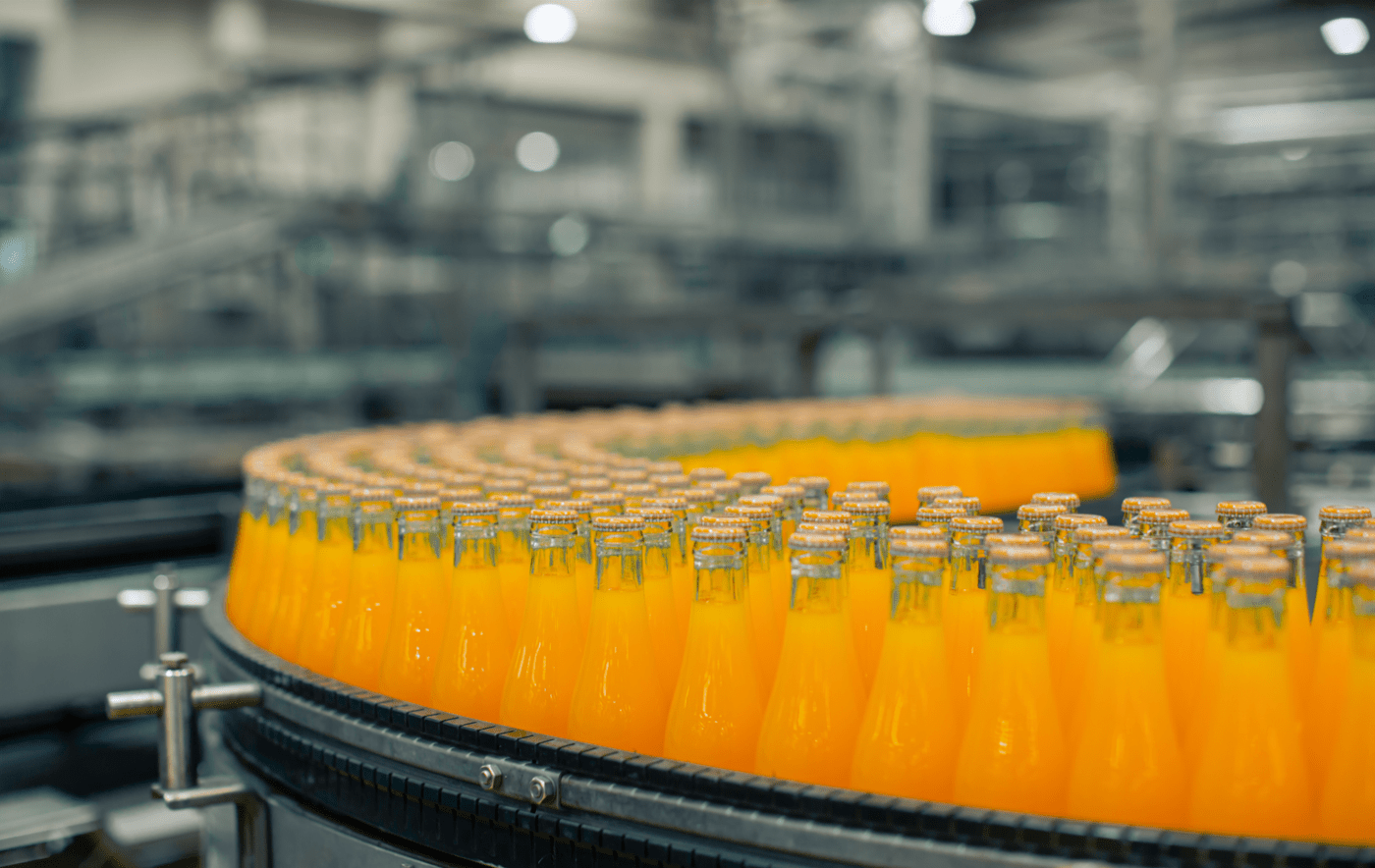
A few days ago, we talked about how plastic machining can optimize processes in the packaging line: 'Plastic Machining in the Packaging and Packaging Sector Part I.' Take a look!
In today's article, we will explore some key aspects of the plastic machining process in this sector, covering everything from the use of the most common plastic materials to the latest trends in the packaging industry.
Automatically and based on the designed blueprint, the machine selects tools and configures basic parameters such as speed and cutting depth in the piece. At Induplast, precision is crucial in the machining process as it directly affects the efficiency and quality of production lines. In the packaging sector, it is essential to maintain tight tolerances to ensure that the parts fit and function correctly in packaging, filling, labeling, etc.
This type of process allows for the creation of customized parts and prototypes in a more efficient but also functional manner. Furthermore, digitization and automation are driving and transforming current manufacturing, opening the door to innovation with intelligent systems and real-time data analytics that enhance efficiency and quality. Welcome to the new era of plastic machining!
Value aspects such as technical knowledge, problem-solving and management capabilities... And... very, very, very important: effective communication is key
In today's article, we will explore some key aspects of the plastic machining process in this sector, covering everything from the use of the most common plastic materials to the latest trends in the packaging industry.
What materials do we use in plastic machining for the packaging and packaging sector?
Commonly used plastic materials such as PVC (Polyvinyl Chloride), PET (Polyethylene Terephthalate), PP (Polypropylene), and PE (Polyethylene) are the most suitable and widely used in the packaging sector. These technical plastics are highly versatile, making them adaptable to different types of applications.How are plastic parts machined for the packaging and packaging sector?
Before starting production, we design the piece using Computer-Aided Design (CAD) programs to create detailed 3D models. Once the design is complete, it is converted into instructions and sent to CNC machines. These machines have numerically controlled tools that cut and shape the piece according to our design.Automatically and based on the designed blueprint, the machine selects tools and configures basic parameters such as speed and cutting depth in the piece. At Induplast, precision is crucial in the machining process as it directly affects the efficiency and quality of production lines. In the packaging sector, it is essential to maintain tight tolerances to ensure that the parts fit and function correctly in packaging, filling, labeling, etc.
New Trends in the Machining Sector
The development of new technologies in our sector is transforming the way we create parts. At Induplast, we are increasingly implementing additive manufacturing - 3D printing, as an optimized alternative to machining, provided the requirements of the parts allow for it.This type of process allows for the creation of customized parts and prototypes in a more efficient but also functional manner. Furthermore, digitization and automation are driving and transforming current manufacturing, opening the door to innovation with intelligent systems and real-time data analytics that enhance efficiency and quality. Welcome to the new era of plastic machining!
Are you looking for a plastic machining provider?
If you are looking for a provider of machined parts, here are some practical tips to choose one, take note! Firstly, research how they work: consider their experience, technological capabilities, and service quality. Nowadays, brand positioning reveals crucial aspects of any business. Make sure they are versatile in their manufacturing processes to adapt to your specific needs.Value aspects such as technical knowledge, problem-solving and management capabilities... And... very, very, very important: effective communication is key
Do you have a new machining project in mind? Contact us, and we'll assist you throughout the process. We make it easy for you. Reach out to us!







